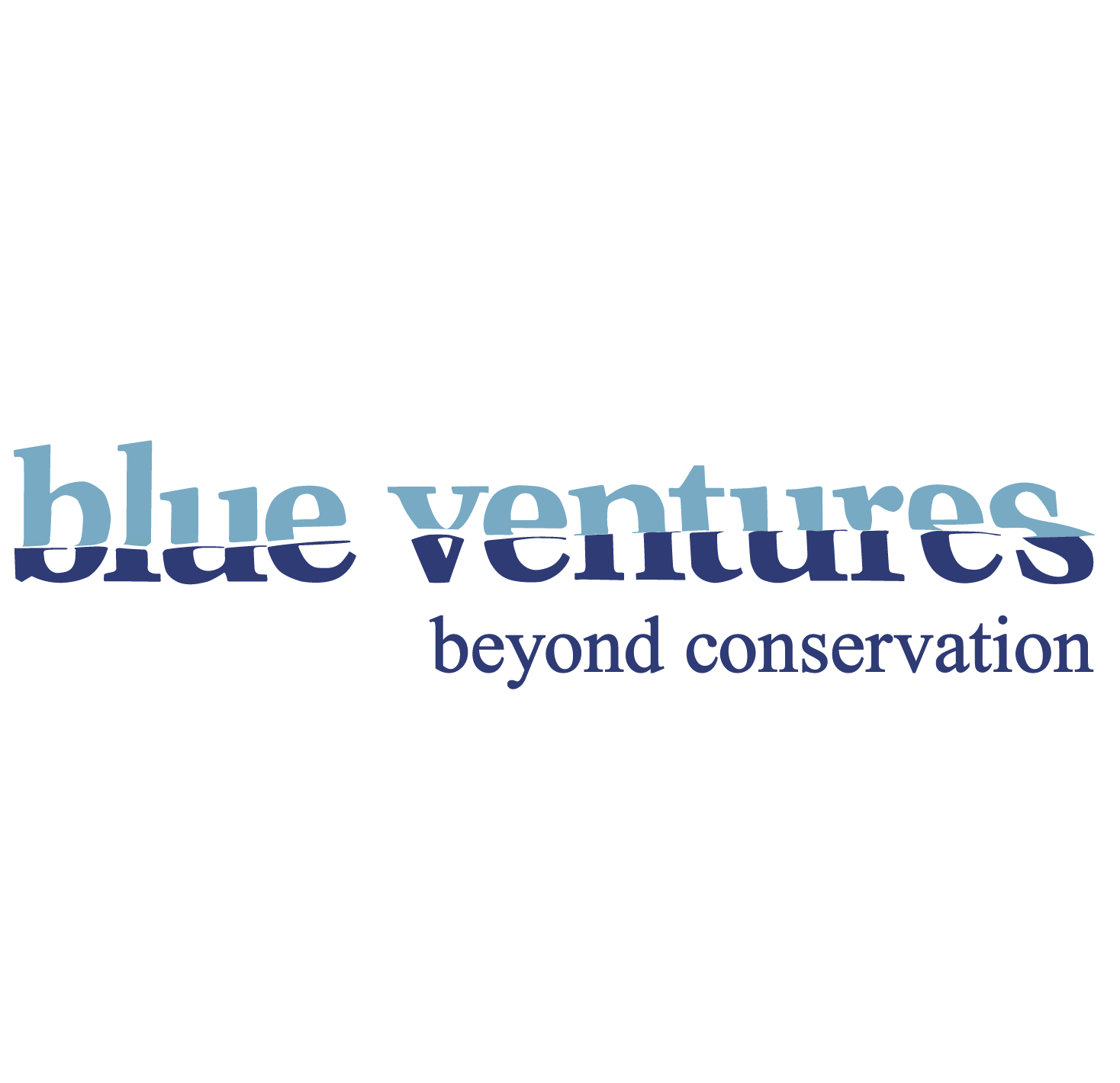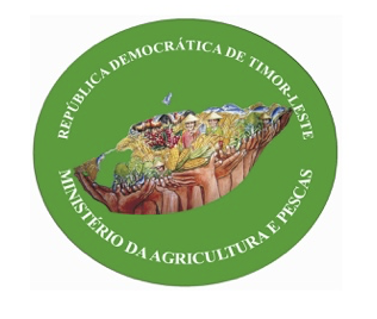The Micronutrient Forum's 6th Global Conference
The Micronutrient Forum, a global platform dedicated to advancing knowledge about vital micronutrients like vitamins and minerals for better public health and nutrition, plays a pivotal role. It fosters collaboration among researchers, policymakers, and practitioners to combat micronutrient deficiencies, promote evidence-based interventions, and enhance global population health.

